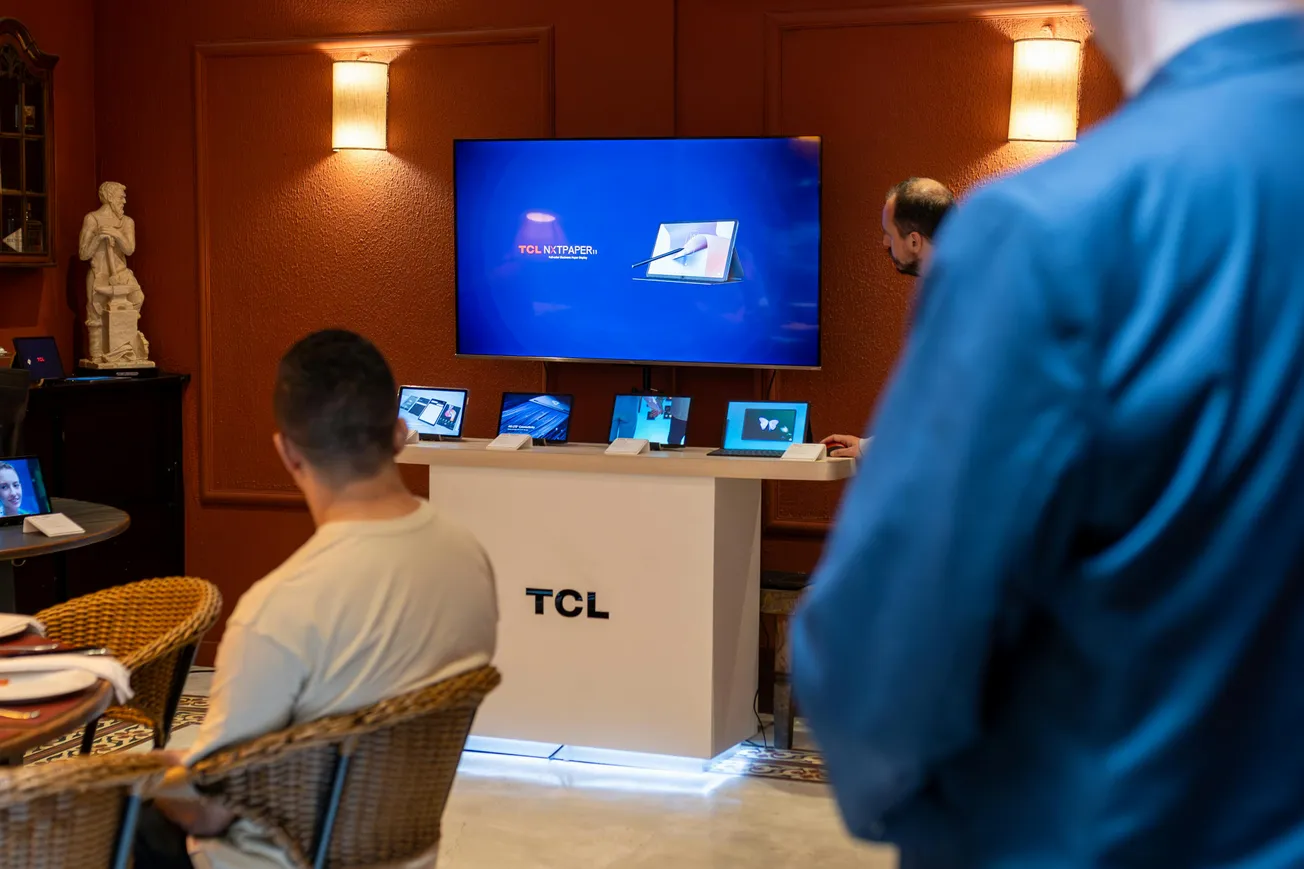Market Research Institute International (MRII), in partnership with University of Georgia’s Center for Continuing Education, has introduced a new suite of “Principles Express” course bundles aimed at accelerating professional development in key areas of market research.
Targeted Skill Growth
These bundles are designed for practitioners who wish to deepen expertise in specific domains—such as quantitative methods, sampling, questionnaire design—without committing to the full 13‑topic certificate program.
The first bundle, Foundations of Quantitative Research, brings together three self‑paced courses: Sampling in Market Research; Quantitative Data Collection Methods; and Measurement & Questionnaire Design.
By offering a focused pathway—claimed to cost roughly a third of the full certificate in time and tuition—MRII and UGA aim to fill a gap where mid‑career professionals or specialists seek targeted upskilling rather than a full‑scale credential.
Why This Matters
In today’s insights‑driven environment, market‑research professionals must balance foundational understanding with domain‑specific mastery. The “Principles Express” bundles allow firms and individual learners to adapt to the pace of change in analytics, big‑data, survey methodology and global research.
From the UGA/ MRII course catalogue: these bundles are marketed as “area‑specialised bundles – Focus on developing skills in specific areas of market research with our expertly crafted Principles Express bundles.”
Strategic Implications for Omnichannel Brands
Retailers and brand leaders operating in an omnichannel context—combining online, offline, mobile, marketplace and DTC channels—depend heavily on insights from market research to guide assortment decisions, consumer segmentation, product development and channel strategy.
By enabling sharper skills in sampling, questionnaire design, analytics and secondary data usage, these course bundles strengthen the capability of insights teams to deliver actionable recommendations across channel ecosystems.
For example: sharper sampling means better representation across both online shoppers and brick‑and‑mortar customers; improved data collection methods increase confidence in mobile vs. in‑store research; robust measurement and questionnaire design reduce bias and drive higher quality insights feeding merchandising and supply‑chain decisions.
Conclusion
The launch of UGA and MRII’s “Principles Express” bundles represents a meaningful step in professional development for the market‑research field—at a time when faster, more agile insights are required by omnichannel retail brands.
For companies seeking to upskill teams, and professionals looking to specialise without committing to full programmes, this represents a timely and practical option.










